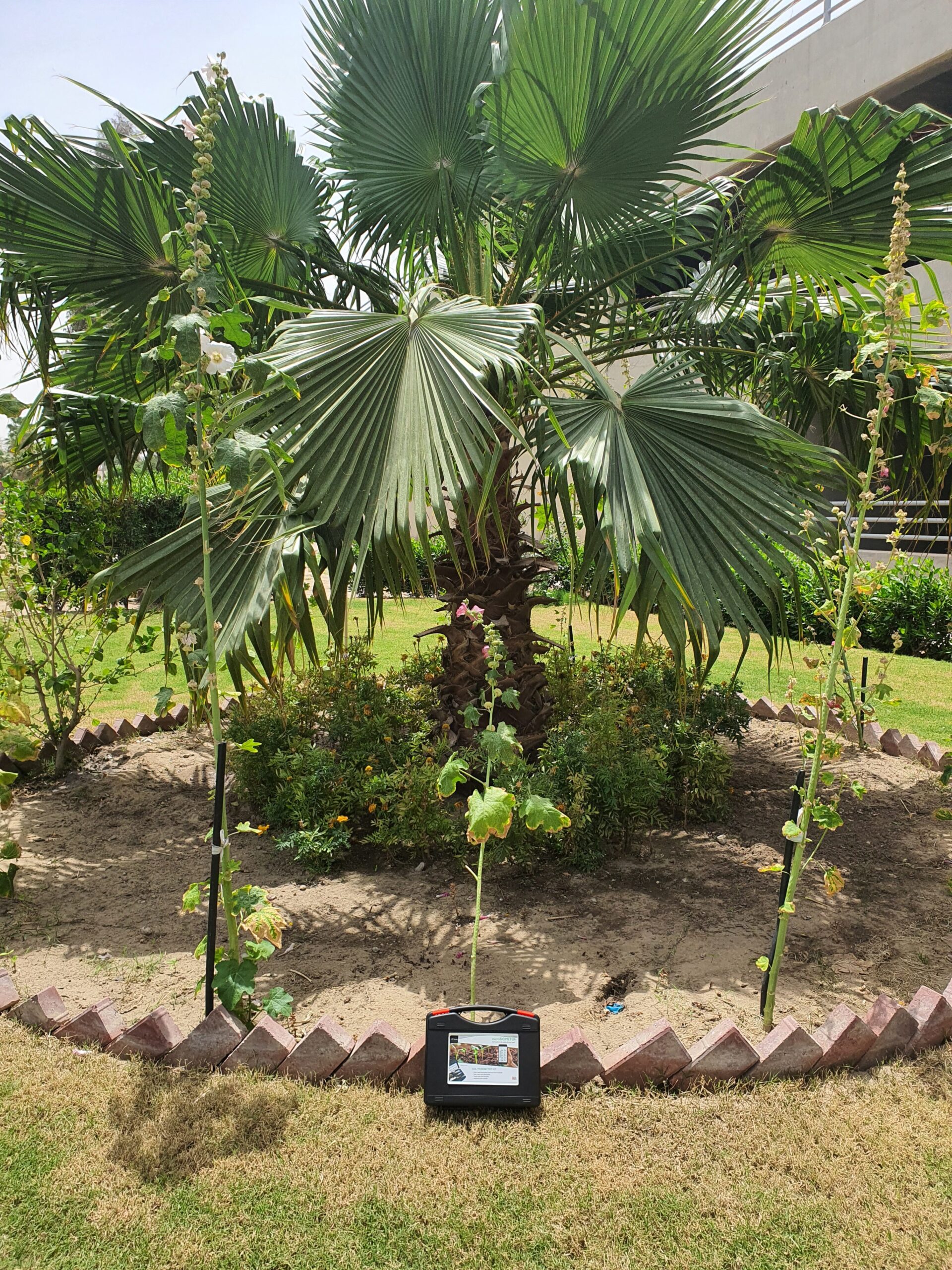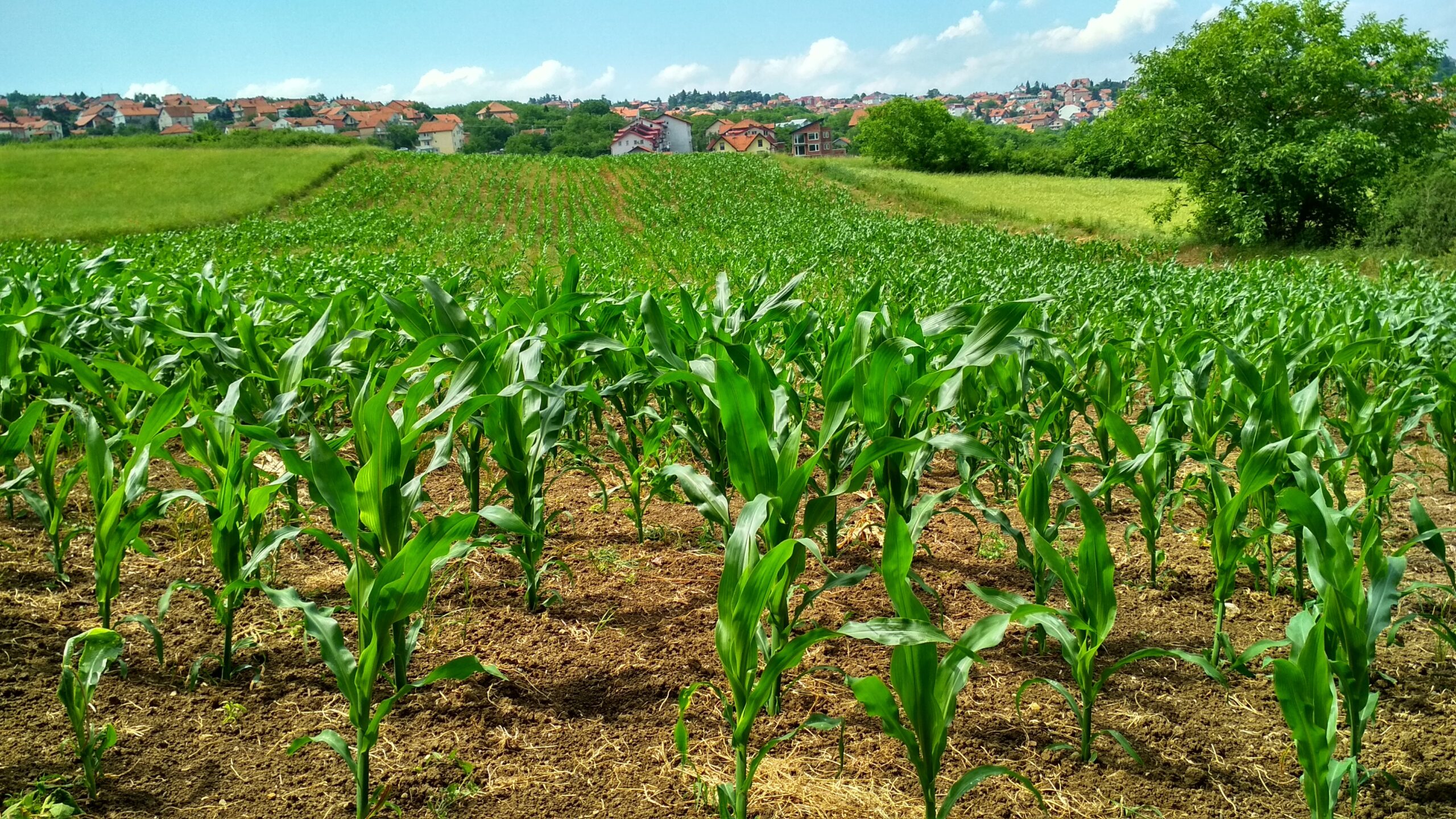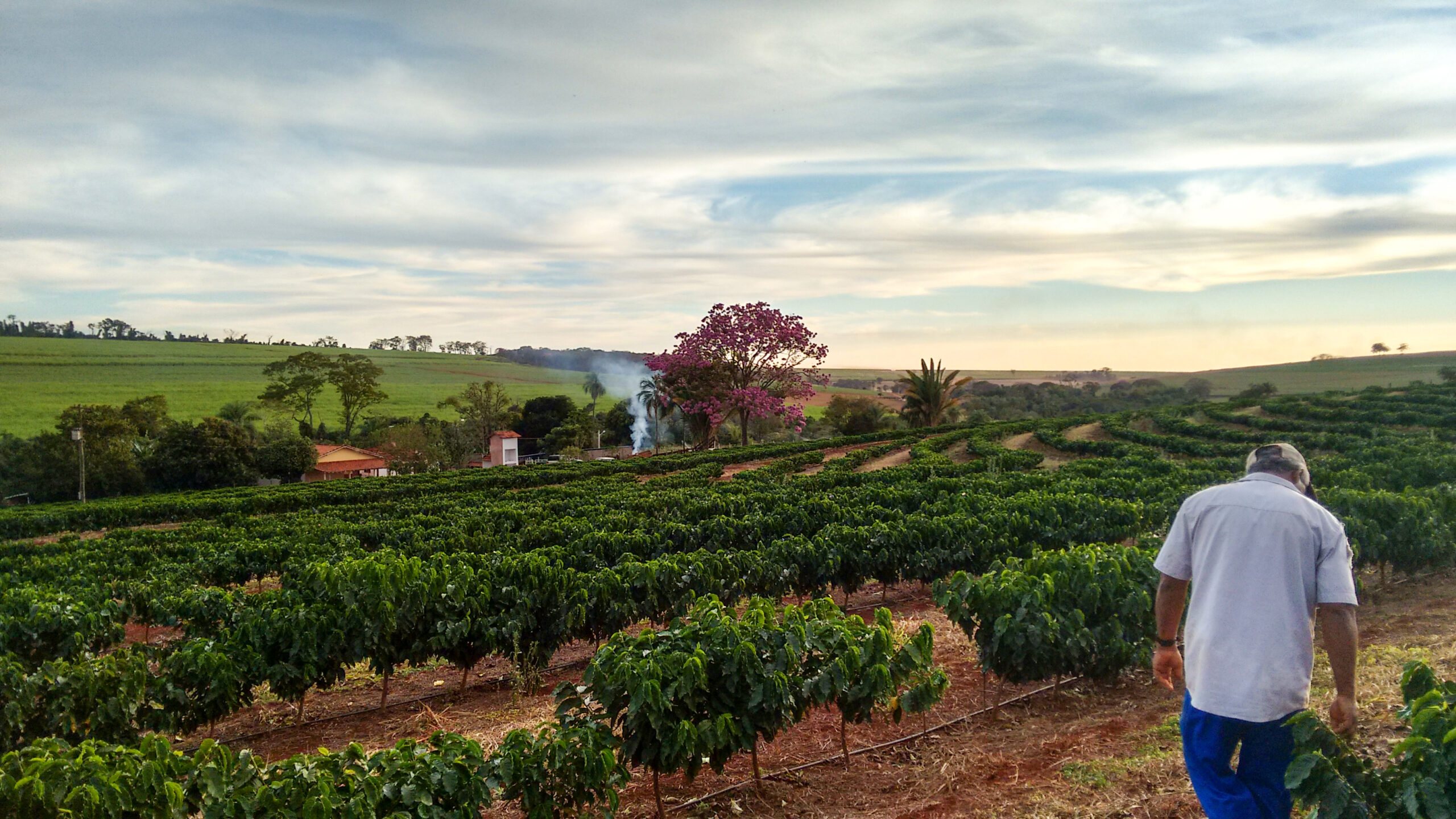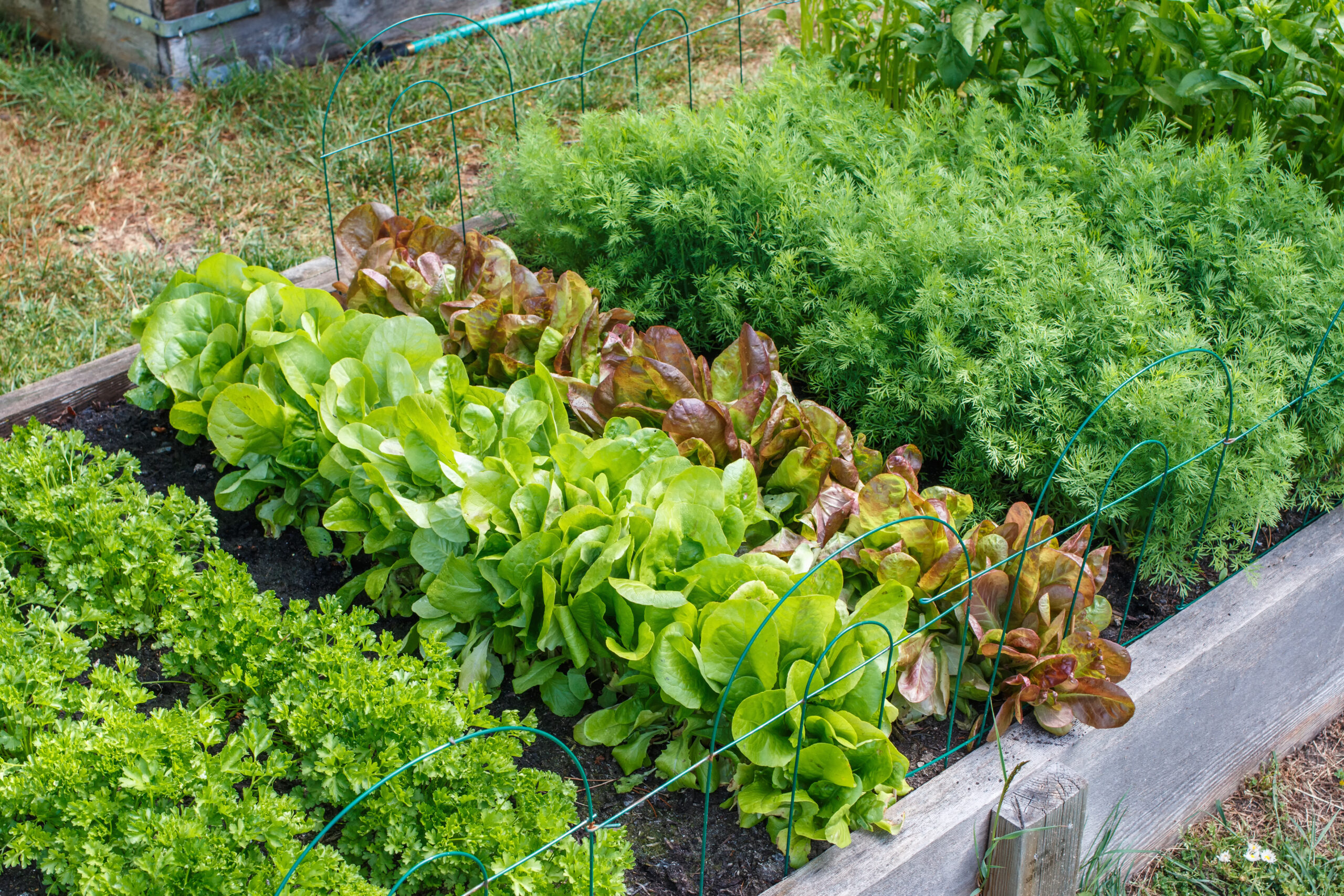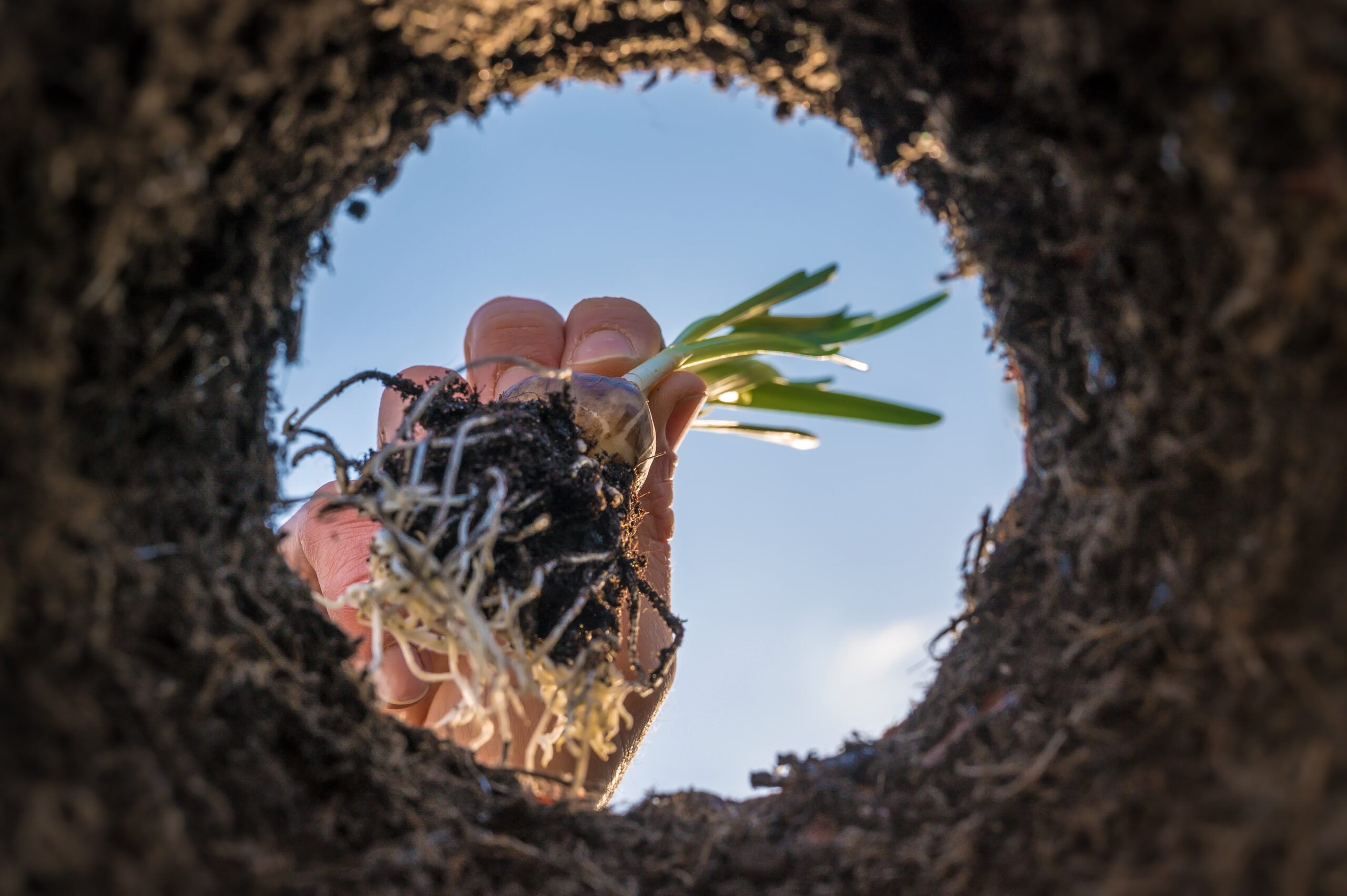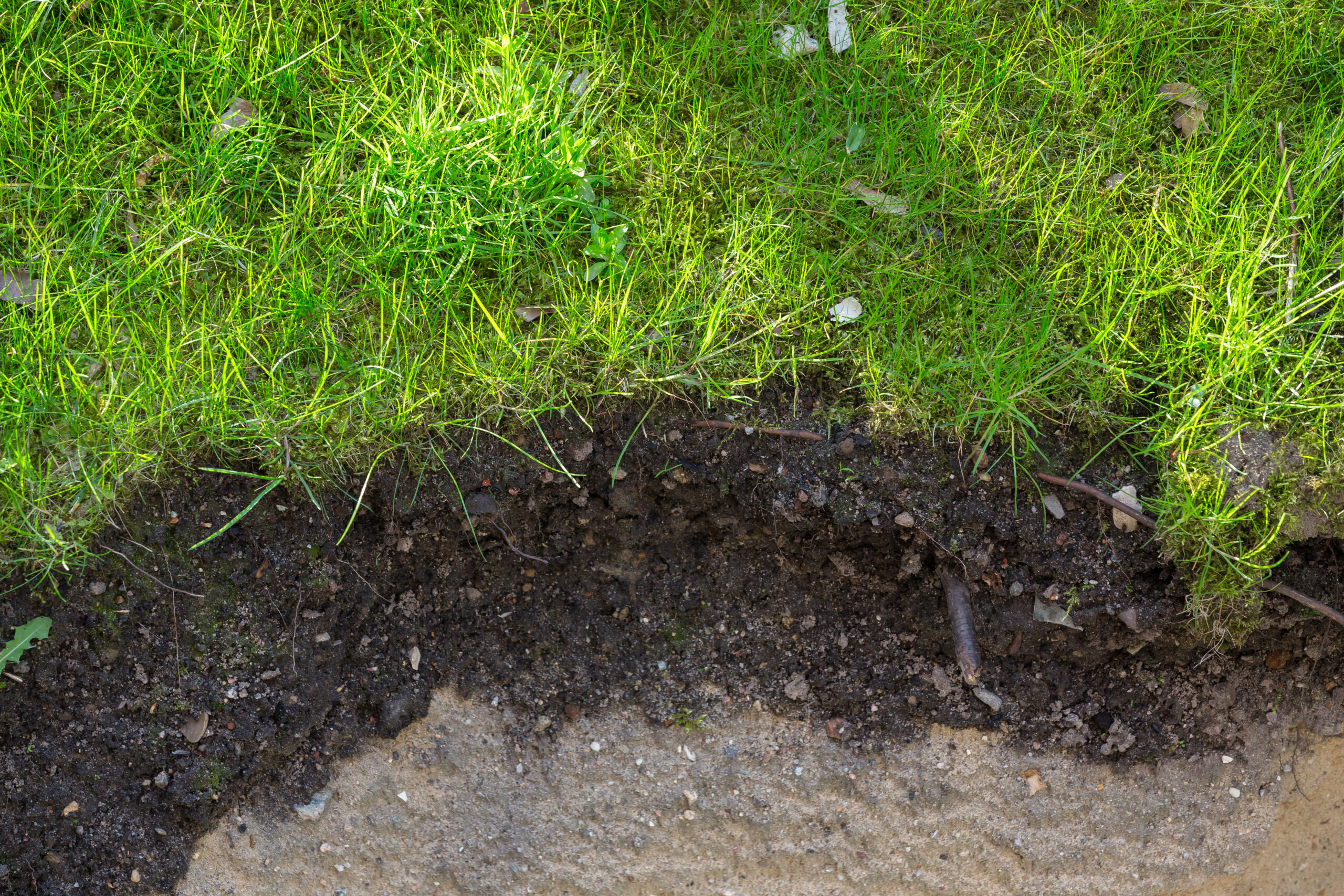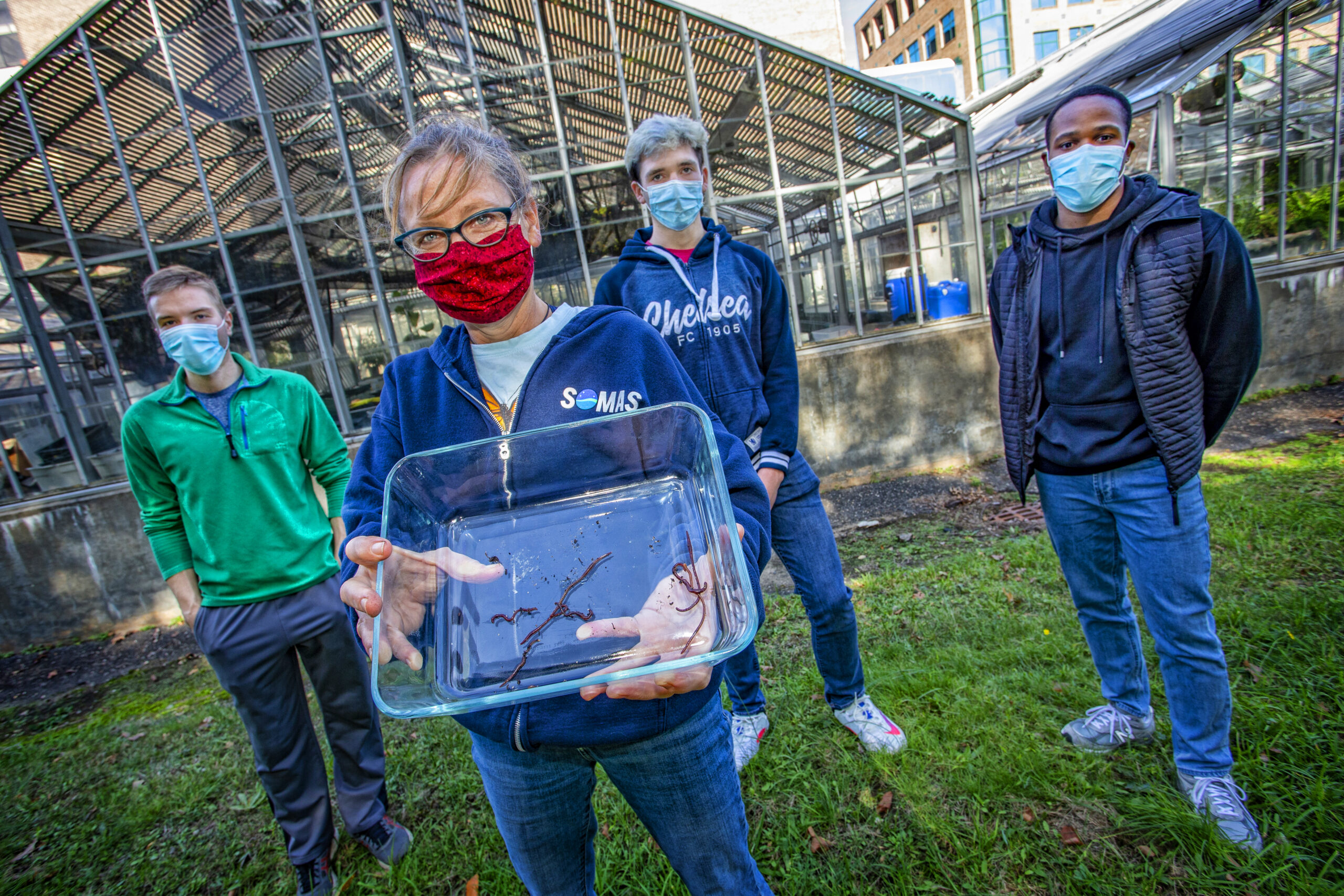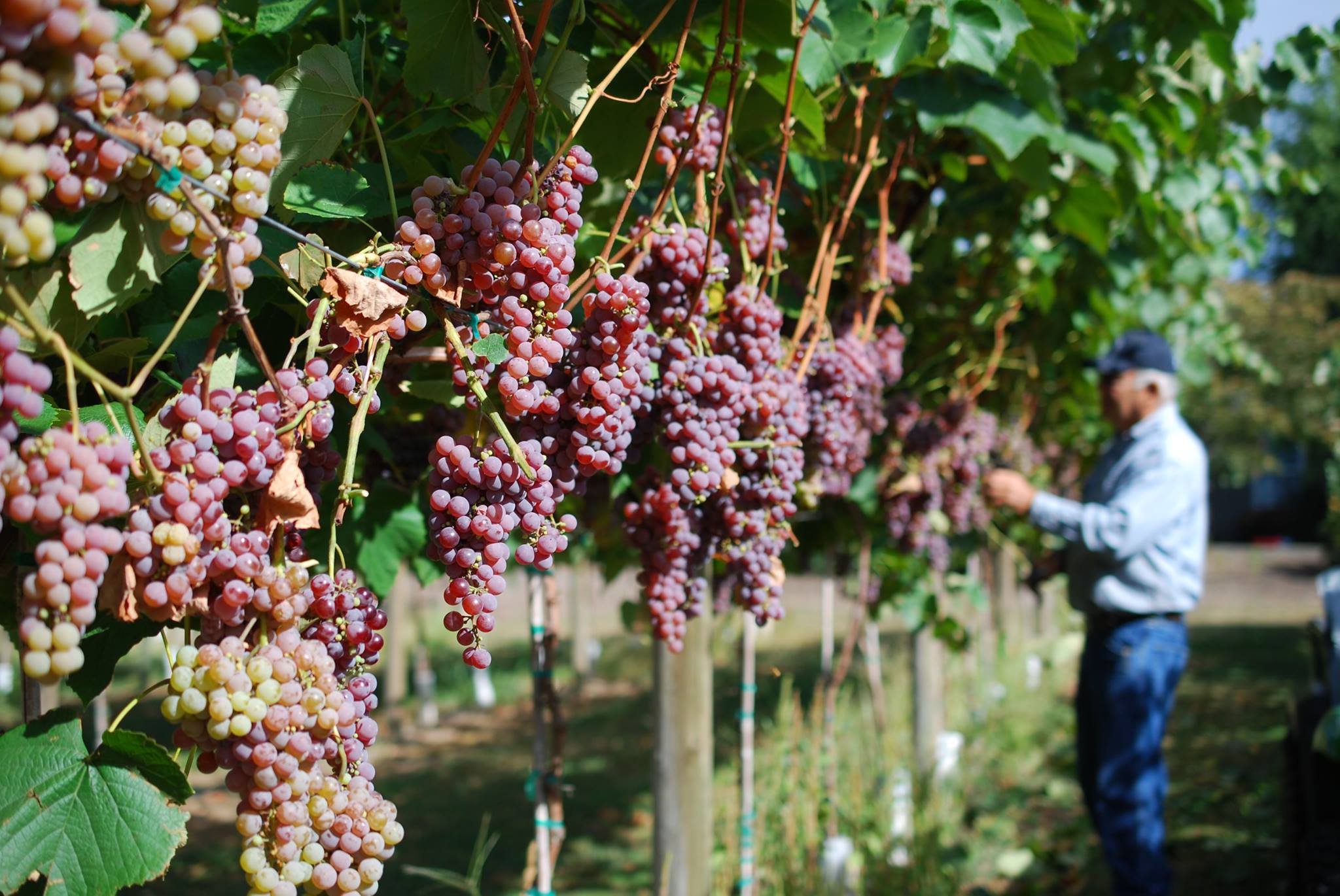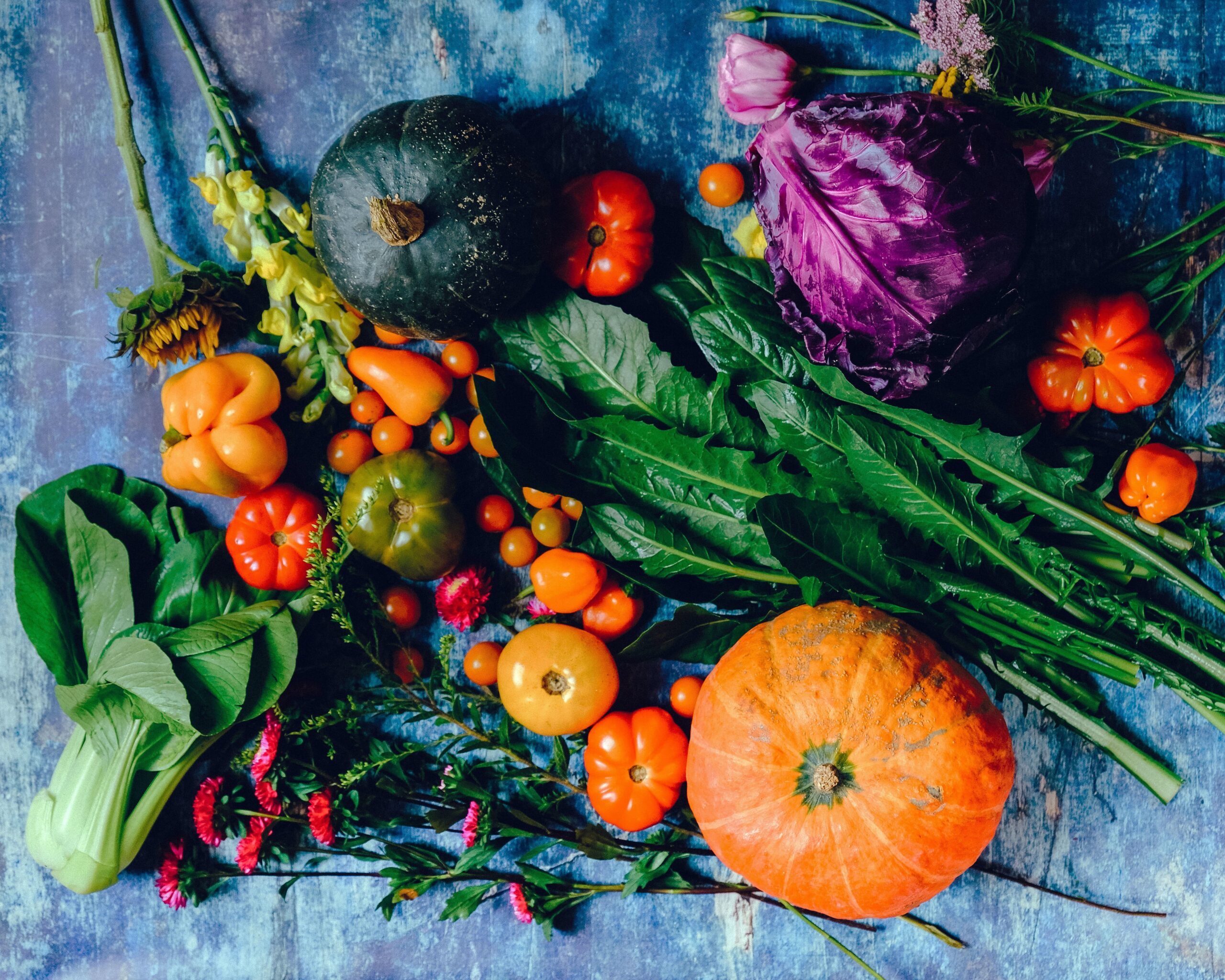
microBIOMETER® on the golf course!
Graham Mackie, Golf Course Manager at Edzell Golf Course in the U.K., has been using microBIOMETER® to monitor the health of the soil on the greens. Here is what he had to say about our soil test. “I really like microBIOMETER®. It is simple to use and for the first time I

